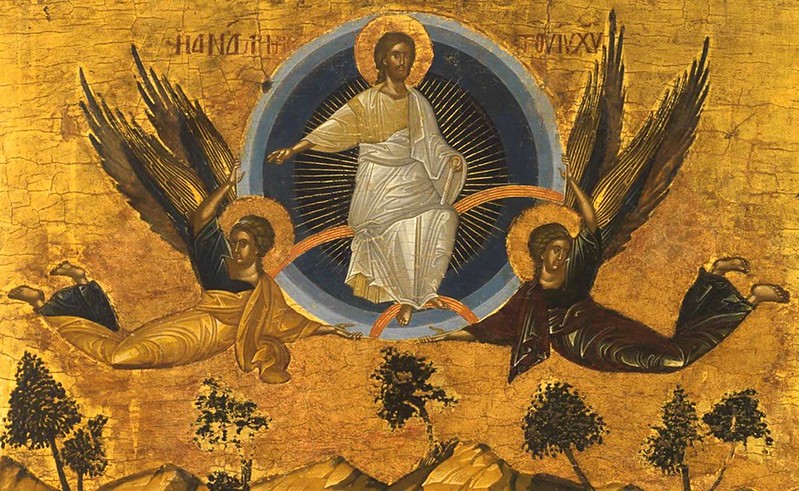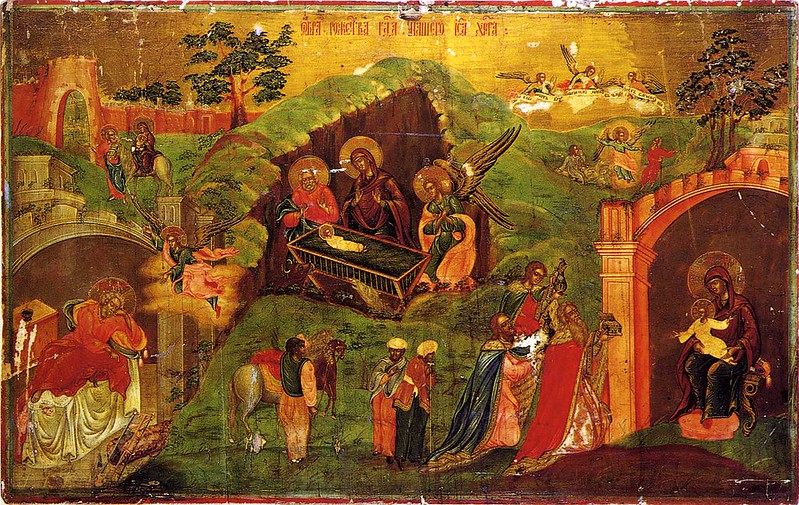Ascended, Not Absent

Ascended, Not Absent
Brian Zahnd
Ascension Day. It’s the most obscure of all the major holy days on the Christian calendar. Coming forty days after Easter, it commemorates the Ascension of Christ. The Christian calendar is designed to tell the gospel story from Advent to Pentecost. But most Protestants think the gospel story can be told with Christmas, Good Friday, and Easter alone. It’s safe to say that Ascension Day (Thursday, May 25) will come and go unnoticed and uncelebrated by most American Christians. (It may have a bit more recognition in Europe where it remains a public holiday.) That Ascension day for most American Christians is just another Thursday in Spring is telling. It tells of a deficient gospel and reveals a central problem in our political theology.
Too often we seem to regard the Ascension of Christ as a kind of awkward explanation for the absence of Christ. Well, after his resurrection, Jesus lifted off for outer space and is now hanging out with God in heaven until he comes back.
No. The Ascension is not about the absence of Christ, but about the ascendancy of Christ. The ascension of Christ to the right hand of God is the ascendency, the rise, the elevation, the promotion of Christ to the position of all authority in heaven and on earth. The right hand of God is not a cosmological location, but a poetic way of saying that God has now given all authority to Christ. The ascension of Christ does not lead to the absence of Christ, but to his cosmic presence everywhere. This is why the risen Christ says, “Behold, I am with you always, even to the end of the age.” In the Ascension Christ now “fills all things everywhere with himself.” There is now no place where Christ is not, and there is no domain over which Jesus is not Lord.
But that is not how most Christians have thought about the Ascension over the years. And this has had a detrimental effect upon our theology — especially our political theology. Let me explain.
Read more
